If you’ve ever found yourself in a conversation about drinks and heard someone mention “giggle juice” or “rotgut,” you might’ve wondered what on earth they’re talking about.
Well, these are just a few examples of the colorful slang Americans use to refer to alcohol.
Whether you’re out with friends or just curious about how booze gets nicknamed in the States, these terms can catch you off guard.
In this article, we’ll take a look at 10 of the most entertaining American slang words for alcohol and some of them you’ve probably never heard before!
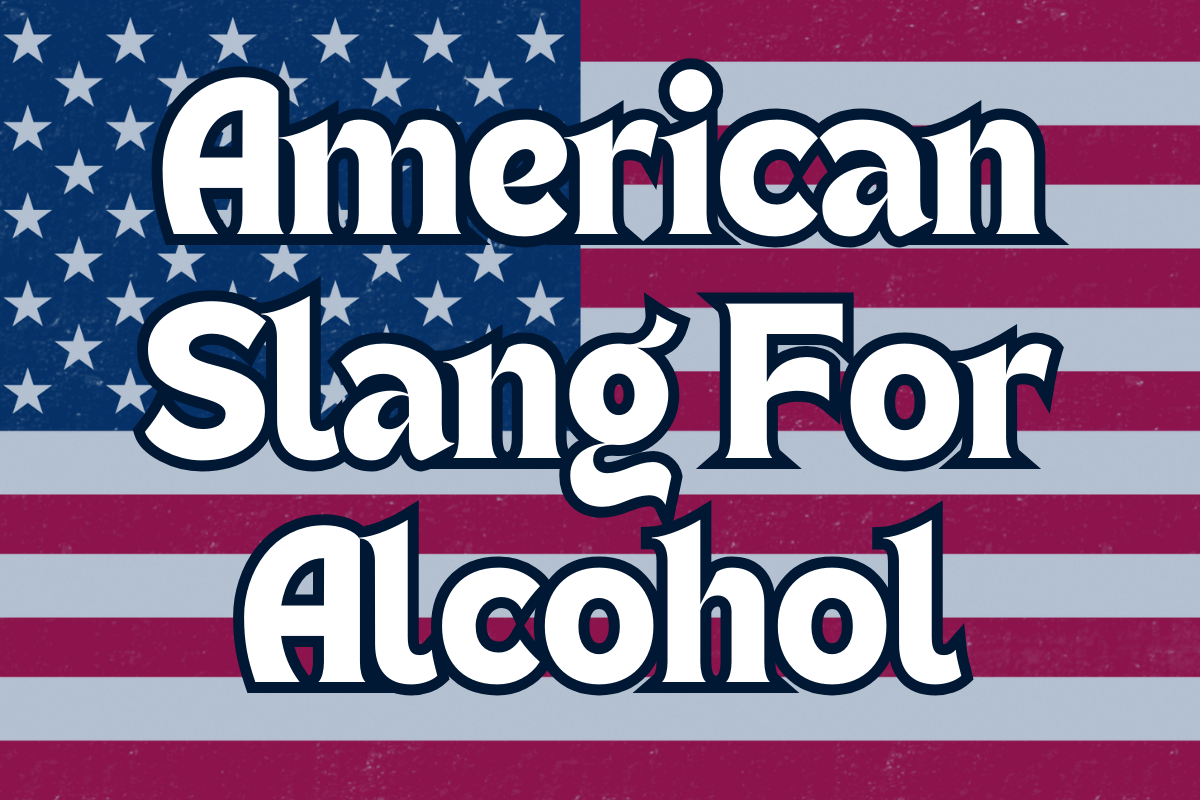
American Slang For Alcohol
Booze
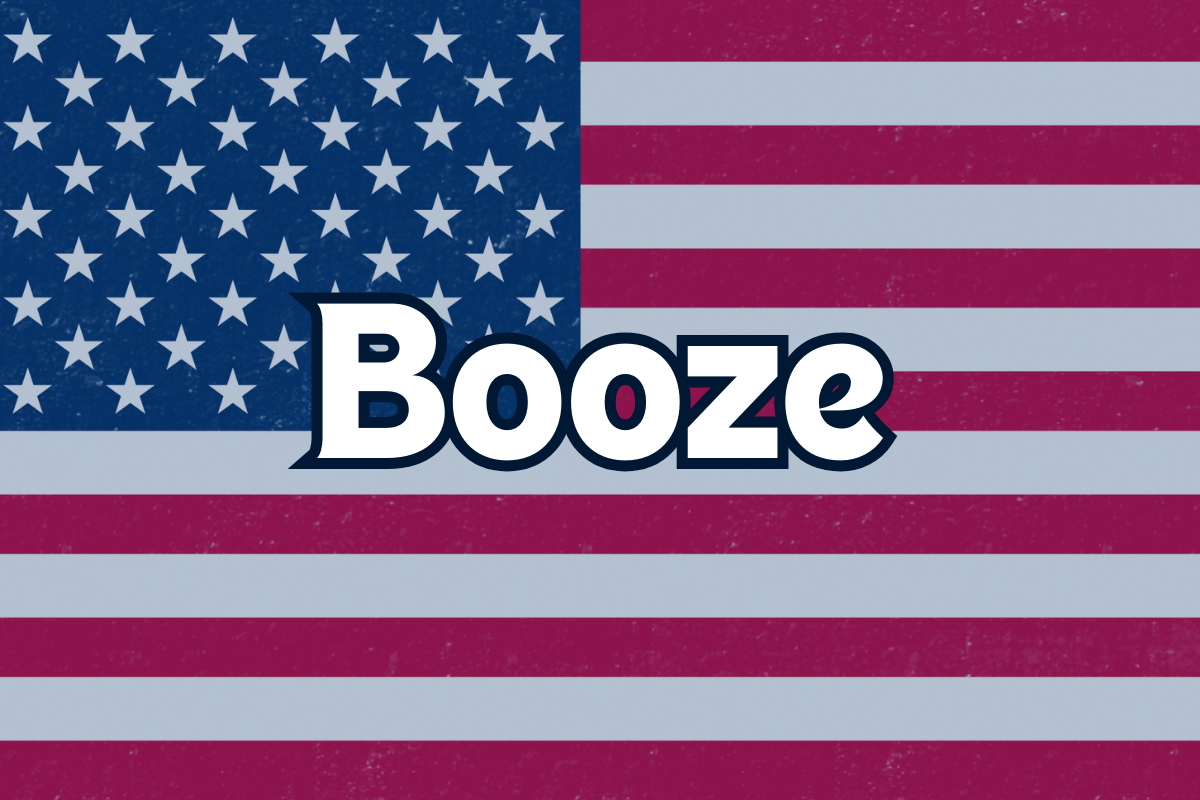
“Booze” is one of the most common slang words for alcohol, used across many English-speaking countries.
It can refer to any kind of alcoholic drink, from beer to whiskey, and is often associated with drinking in a social or excessive manner.
The term dates back to at least the 14th century and remains popular today.
Examples in sentences:
- “He picked up some booze for the party tonight.”
- “After a long week, she just wanted to relax with a bit of booze.”
- “They ran out of booze halfway through the wedding reception.”
- “Prohibition in the 1920s led to a rise in illegal booze production.”
- “Too much booze can leave you with a nasty hangover the next morning.”
Brew
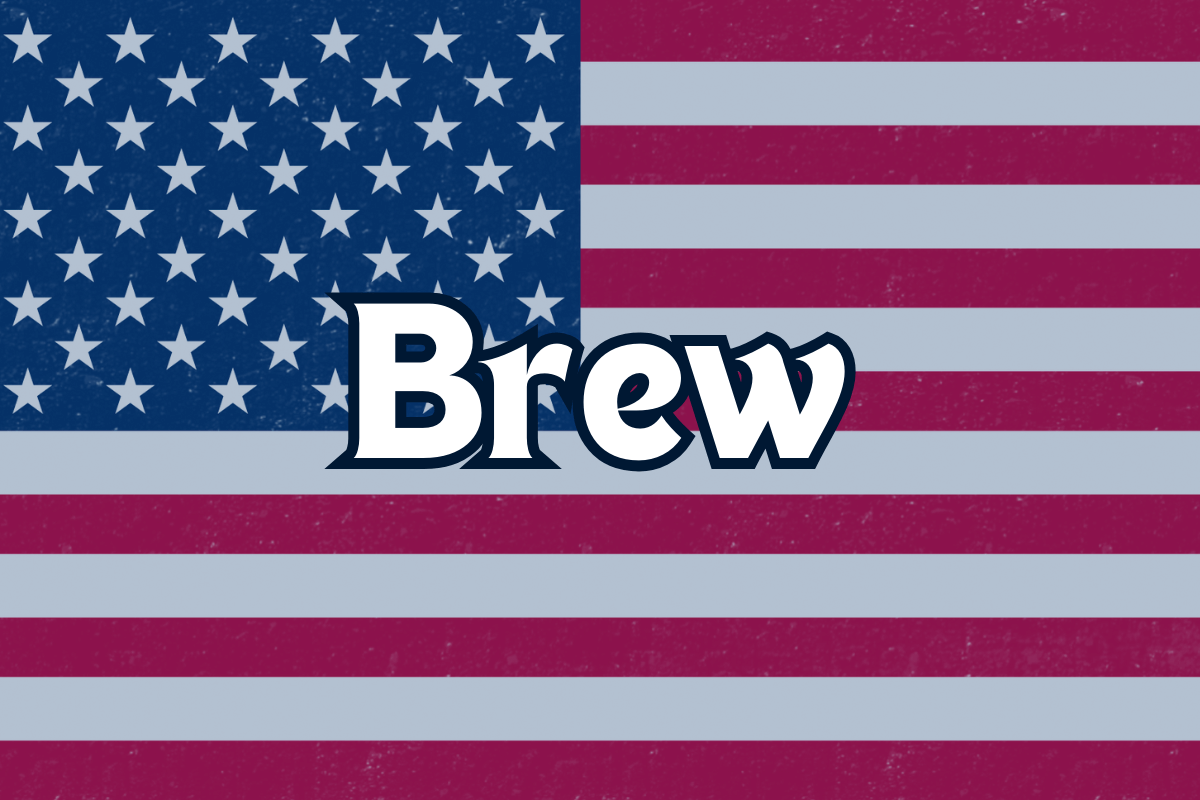
“Brew” is a common slang term for beer, especially when discussing craft beers or homebrews.
While it can technically refer to any beverage that is brewed, such as tea or coffee, in the context of alcohol, it almost always means beer.
The term is often used casually in pubs, breweries, and among beer enthusiasts.
Examples in sentences:
- “Fancy a cold brew after work?”
- “He started making his own brew in the garage.”
- “This local brew has a nice, hoppy flavor.”
- “Nothing beats an ice-cold brew on a hot summer day.”
- “We stopped by the brewery to try their latest brew.”
Cold One
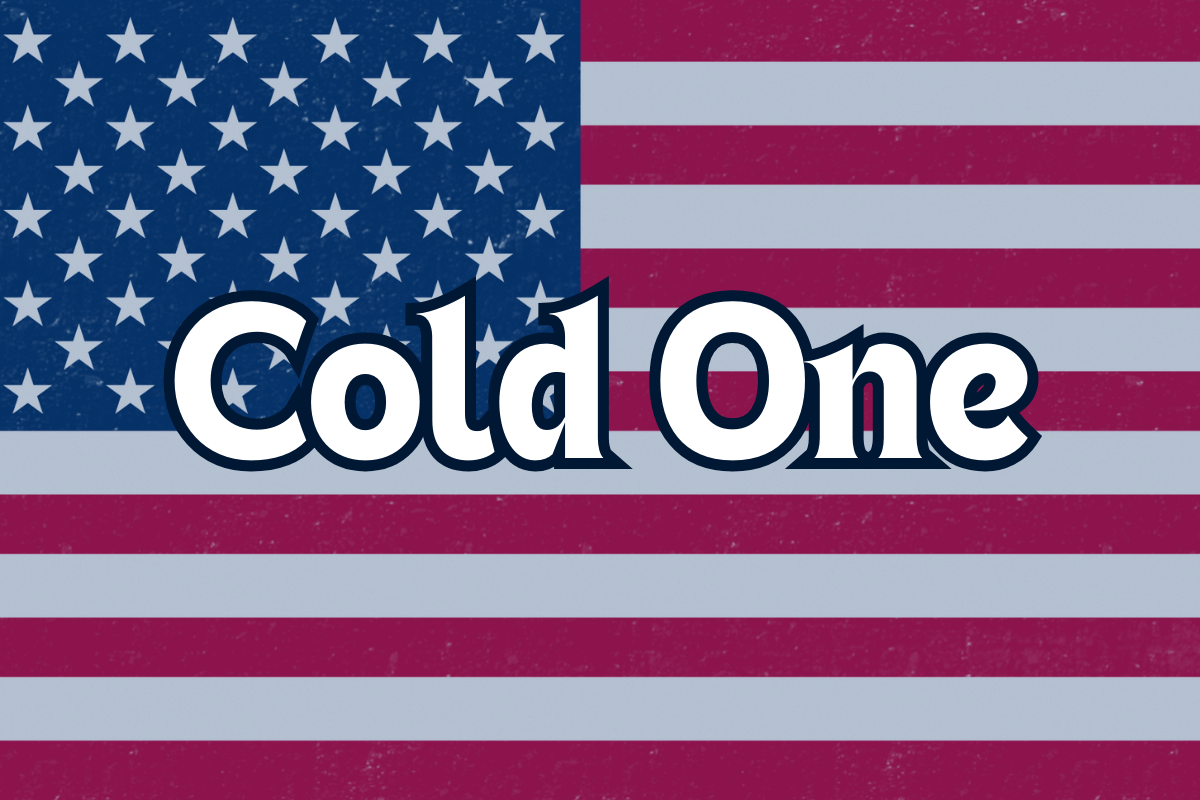
“Cold one” is a widely used slang term for a cold beer, often associated with relaxing after work, social gatherings, or hot weather.
The phrase emphasizes the refreshing nature of a well-chilled beer and is commonly heard in bars, barbecues, and casual conversations about drinking.
Examples in sentences:
- “Crack open a cold one and relax!”
- “After mowing the lawn, he treated himself to a cold one.”
- “Let’s grab a few cold ones before the game starts.”
- “Nothing like a cold one after a long day at work.”
- “He offered me a cold one straight from the fridge.”
Firewater
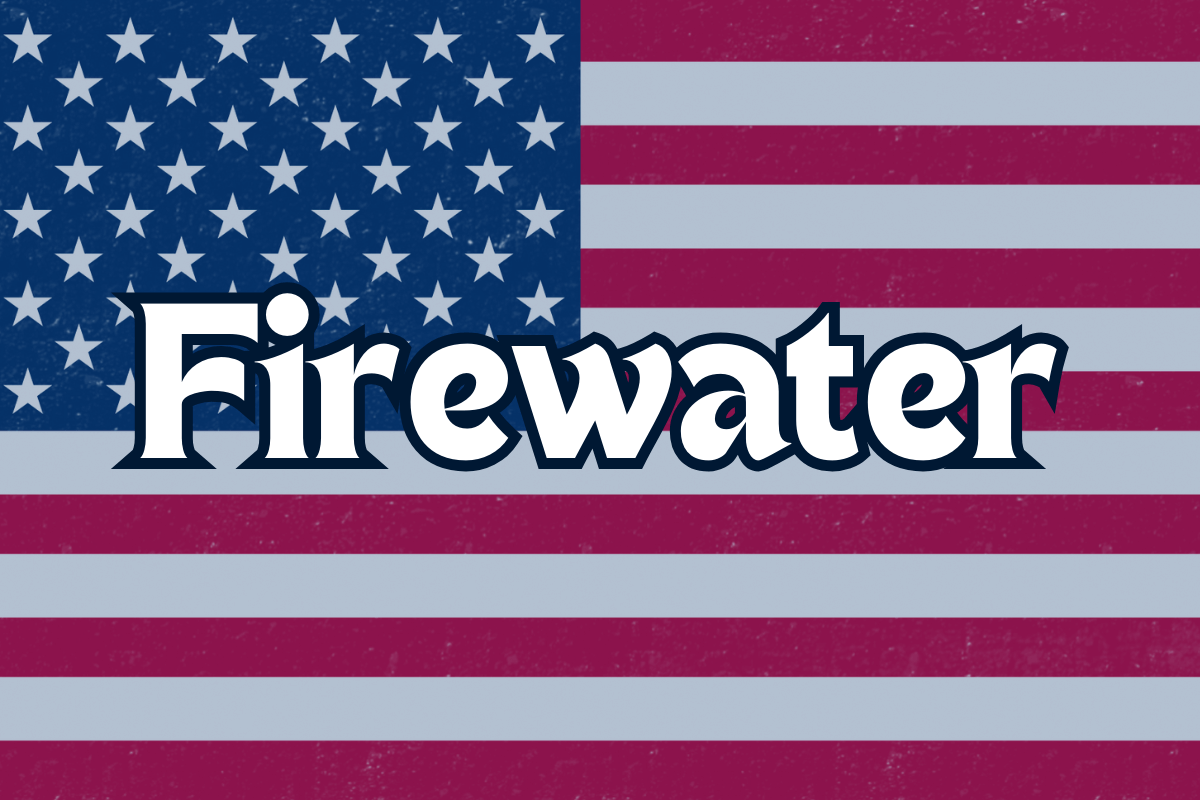
“Firewater” is a playful and sometimes exaggerated term for strong alcohol, often referring to high-proof liquors such as whiskey or rum.
The term evokes the idea of burning or warmth, reflecting the intense sensation that comes from drinking a potent alcoholic beverage.
Examples in sentences:
- “He was known for drinking firewater at every party.”
- “After a few shots of firewater, they were all feeling bold.”
- “Don’t drink too much firewater—it’s not for the faint of heart!”
- “We toasted with firewater to celebrate the occasion.”
- “The bartender poured him a glass of firewater, and he winced as he took a sip.”
Giggle Juice
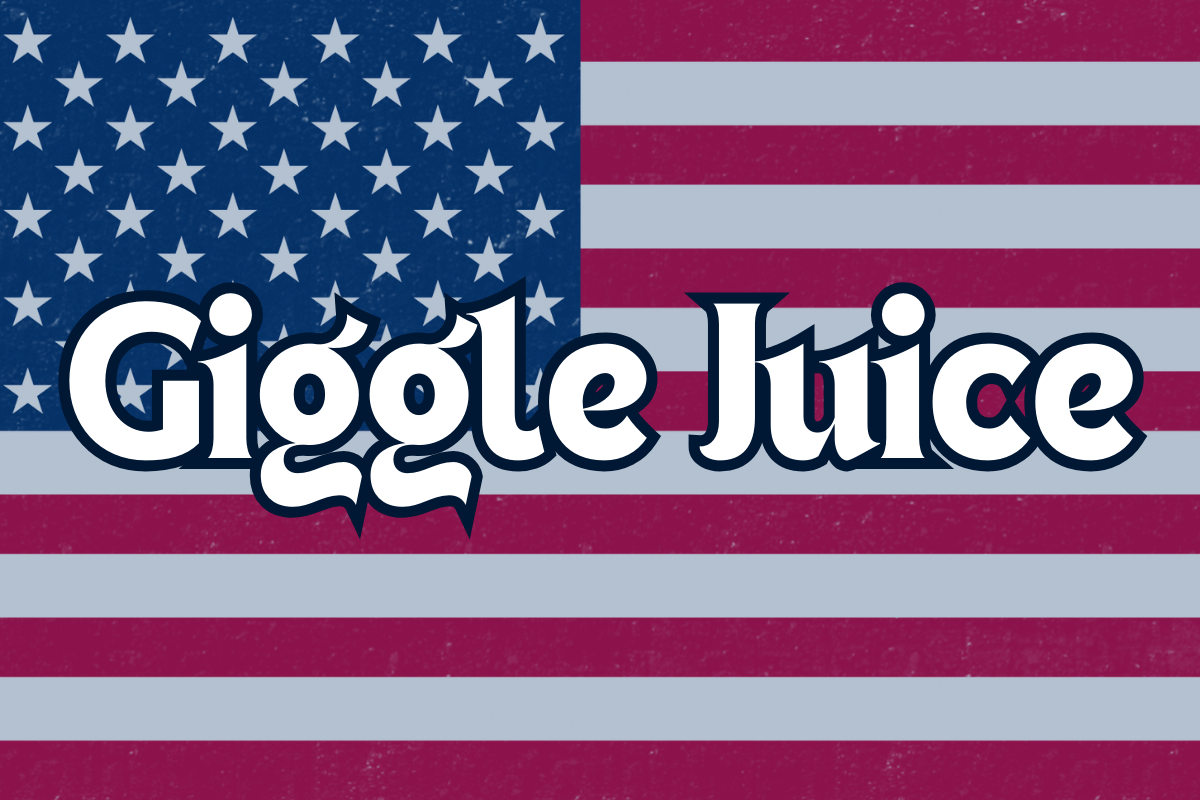
“Giggle juice” is a playful expression often used to describe alcohol that makes people feel happy, silly, or overly amused.
The name suggests that the drink is so fun and relaxing that it might induce giggling or laughter.
It’s typically used in a casual or joking context, often among friends.
Examples in sentences:
- “After a few glasses of giggle juice, everyone was in high spirits.”
- “We were all having a great time, sipping on some giggle juice and telling jokes.”
- “She poured the giggle juice into the glasses and passed them around.”
- “The party got lively once the giggle juice started flowing.”
- “It didn’t take long before the giggle juice had everyone laughing uncontrollably.”
Hooch
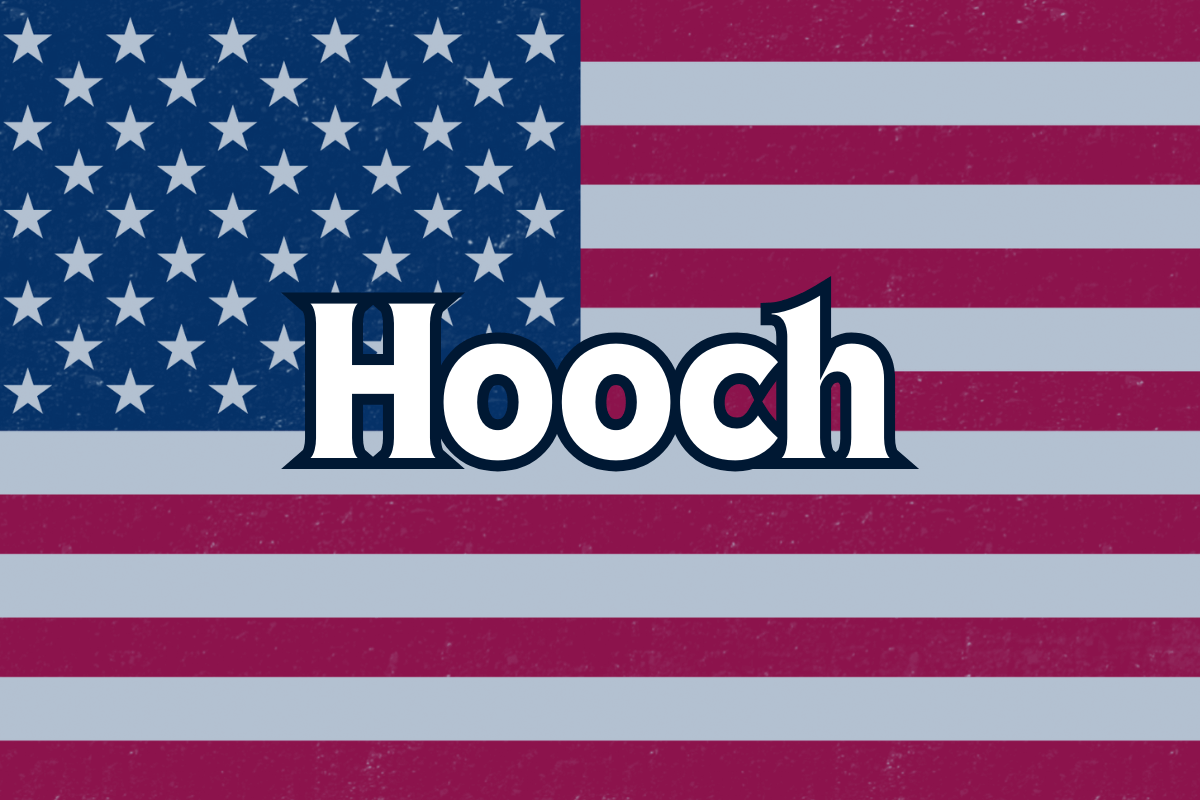
“Hooch” is a colloquial term for alcoholic beverages, often associated with low-quality, homemade, or illicit alcohol.
It has a somewhat rugged or rebellious connotation, usually referring to alcohol that is not commercially produced or is consumed in less formal settings.
Examples in sentences:
- “They brought out some homemade hooch that they’d been brewing for weeks.”
- “We couldn’t find anything decent to drink, so we settled for some hooch.”
- “The local bar had a stash of hooch that only the regulars knew about.”
- “After a few rounds of hooch, everyone started acting a little wild.”
- “She poured a shot of hooch into my glass without a second thought.”
Liquor
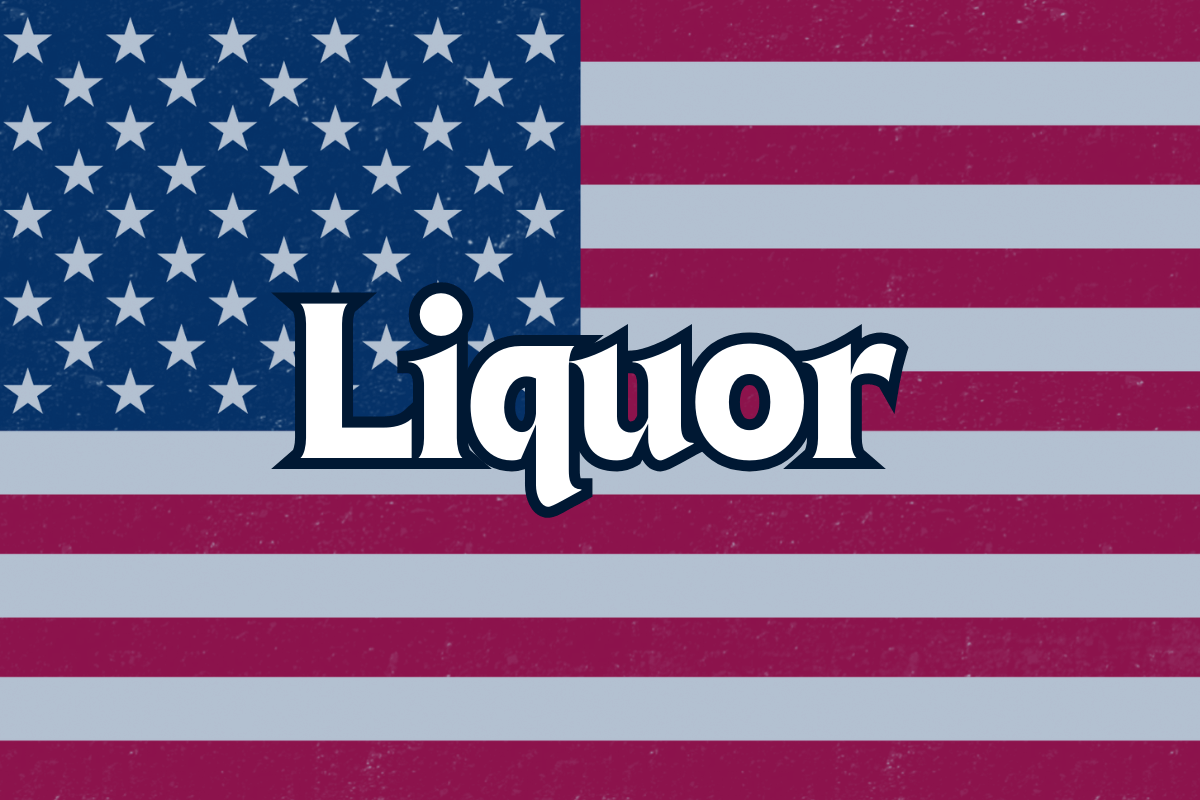
“Liquor” refers to any distilled alcoholic drink, generally stronger than beer or wine.
It’s often used to describe spirits like vodka, whiskey, rum, gin, or tequila.
The term is commonly used to refer to alcohol in general, but it can also specifically indicate higher-proof distilled drinks.
Examples in sentences:
- “He ordered a shot of whiskey, his favorite liquor, to start the night.”
- “The party had all kinds of liquor available, from rum to gin.”
- “She doesn’t drink liquor but enjoys a glass of wine now and then.”
- “They celebrated with good liquor and good company.”
- “He smuggled some liquor into the concert, hoping no one would notice.”
Moonshine
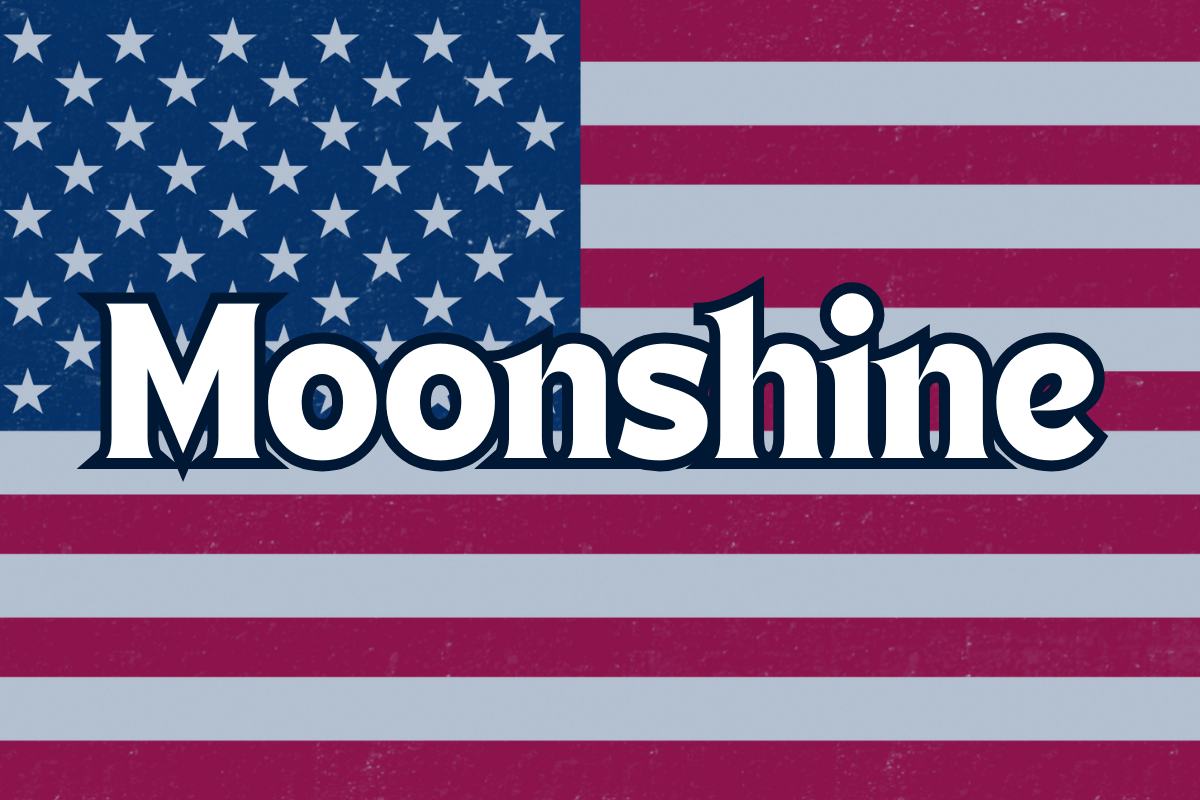
“Moonshine” refers to alcohol that is typically distilled at home or illegally, often with little to no regulation.
The term originally came from the practice of making and selling alcohol in secret, particularly at night (“by the light of the moon”).
Moonshine can refer to various types of spirits, often homemade whiskey, rum, or even vodka, and is known for its potency and unrefined production methods.
Examples in sentences:
- “They used to make moonshine in the backwoods, away from the authorities.”
- “The homemade whiskey had a kick to it, no doubt from the moonshine process.”
- “He got into trouble for selling moonshine at the local bar.”
- “Moonshine was a common way to make alcohol during Prohibition.”
- “She inherited the old recipe for moonshine from her grandfather.”
Rotgut
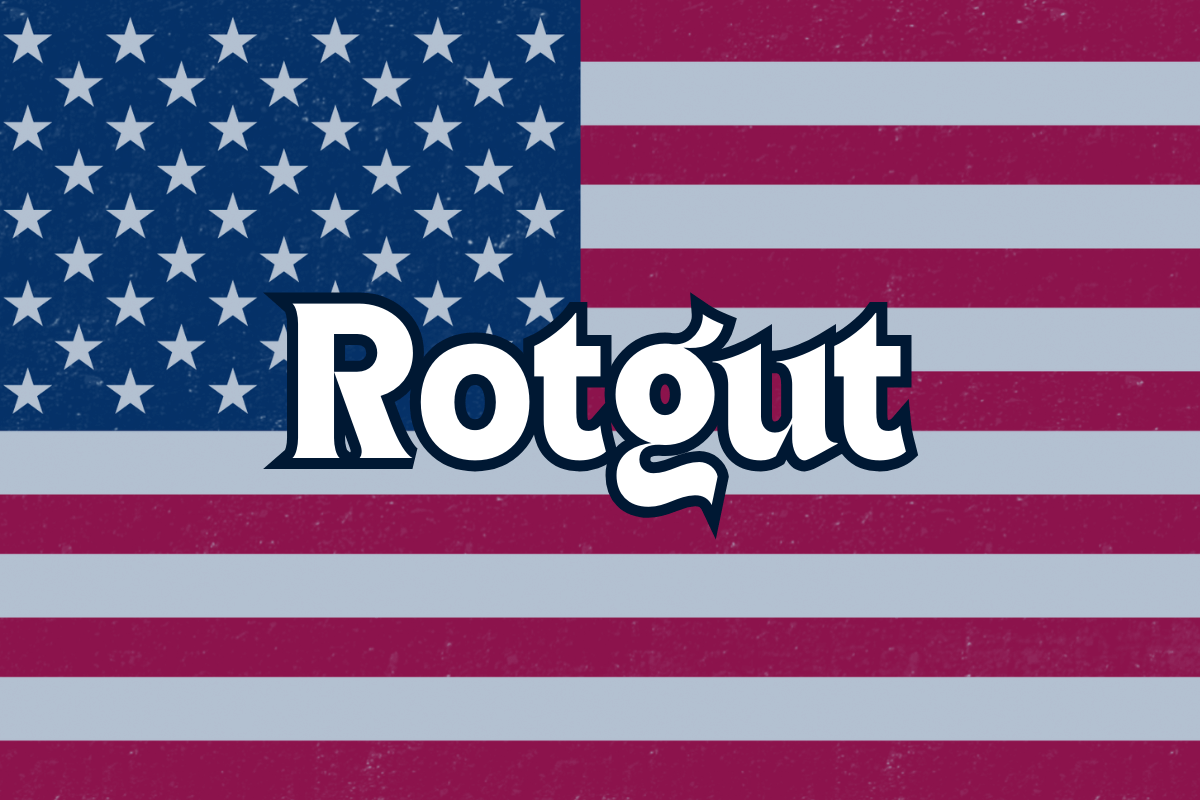
“Rotgut” is a derogatory term used to describe alcohol that is of poor quality, often harsh and poorly distilled.
It can refer to cheap, mass-produced liquor or homemade alcohol that is unsafe to drink.
The term conveys the idea that the drink is bad for your health and potentially harmful due to its impurities or bad production methods.
Examples in sentences:
- “He offered me a shot of rotgut that nearly burned a hole in my throat.”
- “The moonshine was so bad, it tasted like rotgut.”
- “We ended up drinking some rotgut at the dive bar—definitely not the best choice.”
- “I wouldn’t trust that place; they sell nothing but rotgut.”
- “The whiskey was so cheap, it was practically rotgut.”
Sauce
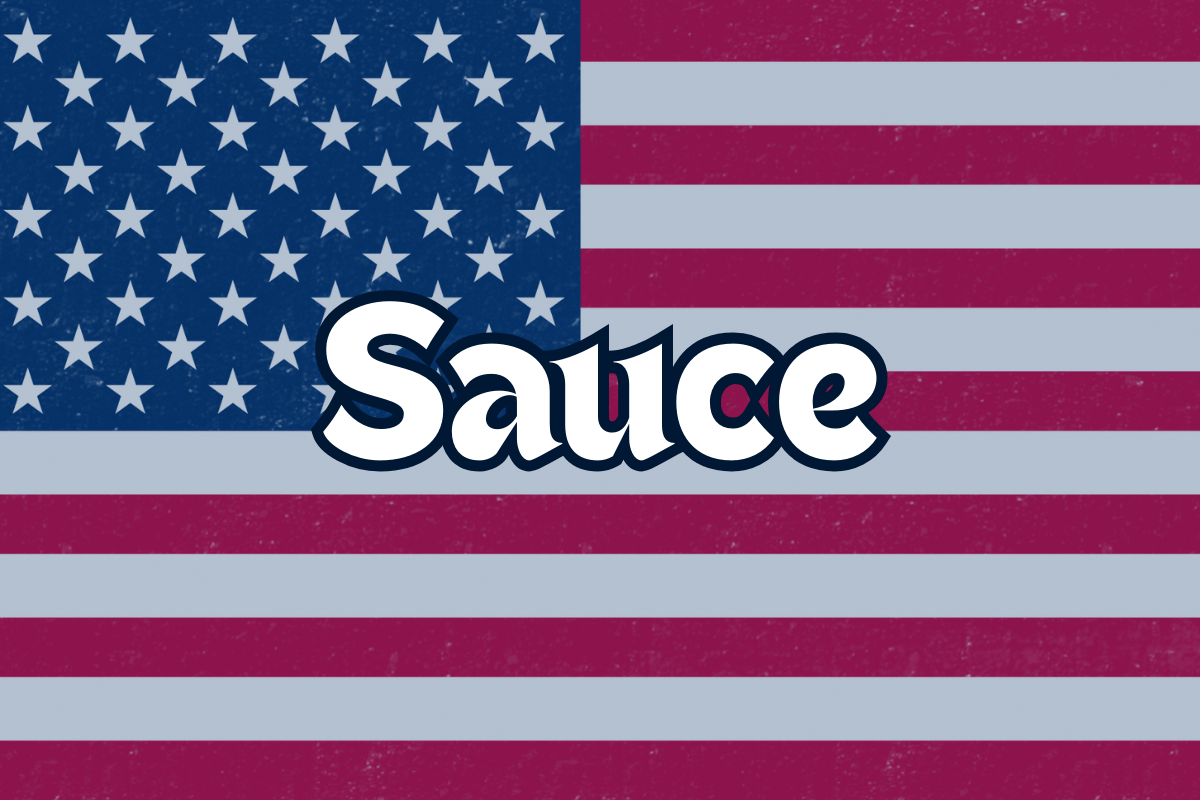
“Sauce” is a playful slang term for alcohol, often used to describe drinking in a casual or humorous manner.
It’s sometimes used to refer to the habit of drinking or the act of getting drunk.
The phrase “on the sauce” means indulging in alcohol, usually in a somewhat excessive manner.
Examples in sentences:
- “He’s been hitting the sauce a bit too hard lately.”
- “We ended up on the sauce all night, and I’m paying for it today.”
- “I’m trying to stay off the sauce this month for health reasons.”
- “She was really on the sauce at the party last weekend.”
- “After a few drinks, they were both on the sauce and having a blast.”

